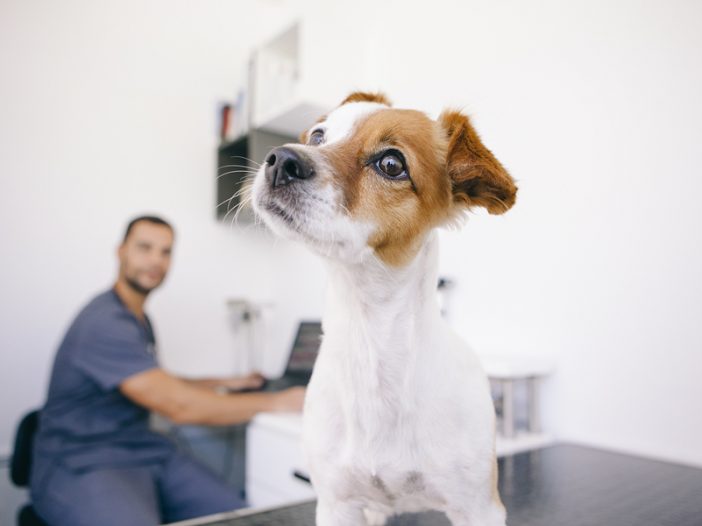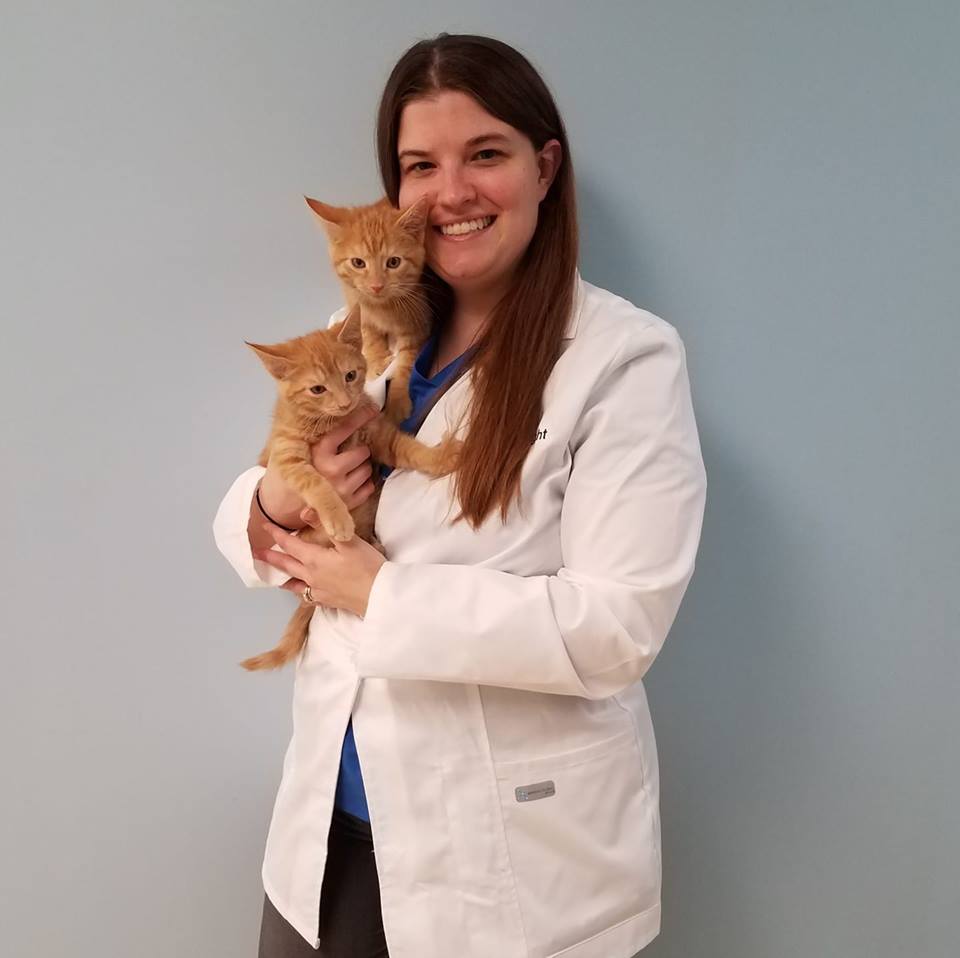
Everyone who works in the veterinary profession for any amount of time has heard that “vets are only in it for the money” or that we are in cahoots with pet food and pharmaceutical companies and get kickbacks for recommending their products. But those opinions are far from the truth. We know that our clients want their pets to live a happy, long, pain-free life. Well, here’s the big secret, we want that for your pets, too. That is why we do what we do.
When we recommend vaccinations, preventatives, prescription diets and tests for your pet, we do it with your pet’s best interest at heart. The recommendations we make are based on science. We spend numerous years studying veterinary medicine before entering practice, and once we enter practice, we don’t stop learning. We read journals and attend lectures so that we can stay up to date on the most current information on disease information and prevention.
It hurts when our clients trust other sources of information over our recommendations. I’m not saying that we as veterinarians are always right, but we have a lot of education behind the recommendations we make. When I spend a large part of a puppy appointment educating a client on preventive care and all of my recommendations are declined because of what the breeder said, or when I make a thorough dietary recommendation only to have it ignored because the teenager at the pet store said something else, it’s frustrating. When this happens multiple times in a day or a week, it can become demoralizing.
With the wide use of social media, it is hard to escape this frustration outside of the office. Because we care about your pets, we often find ourselves sharing pet health information on our personal social media pages to help educate our friends and family. And then we get argumentative responses that are based on pure opinion, not science or fact, and get a harsh reminder about how little some people trust us as professionals.
One of the current hot topics on social media is the FDA’s investigation of a link between grain-free, exotic ingredient and boutique foods and dilated cardiomyopathy, a life-threatening heart disease. The FDA recently released an updated report that listed the most common brands they have seen in the reports they have received. Information from this report has been shared widely by the veterinary community and news media.
While many of my personal friends, family and clients have simply asked for my recommendations on what to feed, I have seen posts on many other veterinarians’ clinic or personal pages that say this is a conspiracy, there’s no real science behind it, or praising the benefits of grain-free diets (without science to back them up). There have been hundreds of cases of diet-related cardiomyopathy, yet many still deny its existence. Many of these are the same people who refuse to use certain preventatives because they saw a news report that the product caused the deaths of a handful of pets, with no actual evidence other than the pet was given the preventative and died shortly after. No, we don’t know the whole story behind diet-related cardiomyopathy, but there are many more cases of this reported and much stronger associations between diet and this disease than there have been between preventatives and death. Science is complicated and there is much work to be done to truly prove causality in either of these situations.
There are ongoing investigations and studies into diet-related cardiomyopathies. We as veterinarians will keep you updated on what we know as the information becomes available. We truly want the best for your pet, but we don’t want to spend our evening at home arguing with you on Facebook.
You don’t have to trust us without question. In fact, I encourage my clients and friends to ask questions about the information I share with them in the exam room and online. Most veterinarians are happy to have a respectful conversation, but, please, don’t just ignore what we say because your breeder, or neighbor or local pet store employee told you something different. The bottom line is that we want you to trust us because we want the same thing you do — a happy, healthy pet who lives the longest possible life. The best health for your pet will only come through a partnership between you and your veterinarian. And that partnership will only work when it is based on mutual trust.
The views and opinions expressed in this article are those of the author and do not necessarily reflect the position of the DrAndyRoark.com editorial team.

ABOUT THE AUTHOR
Dr. Kate Boatright, a 2013 graduate of the University of Pennsylvania, is an associate veterinarian in western Pennsylvania. She practices small animal general practice and emergency medicine with special interests in surgery, internal medicine and feline medicine. She is actively involved in her state and local veterinary medical associations and is a founding member of the VBMA Alumni. She is passionate about the veterinary profession and enjoys educating both members of the profession, students, and clients through writing and speaking.